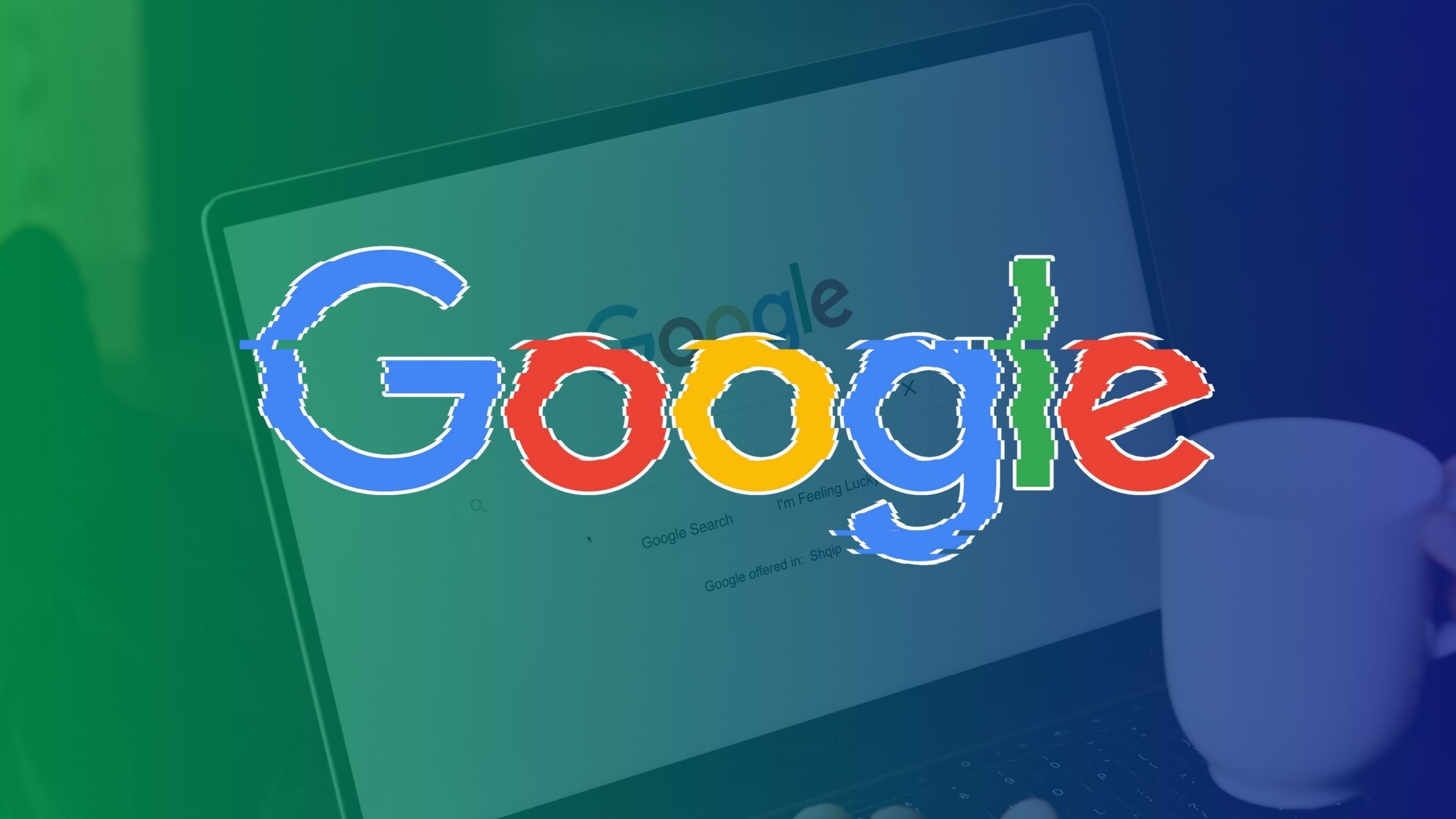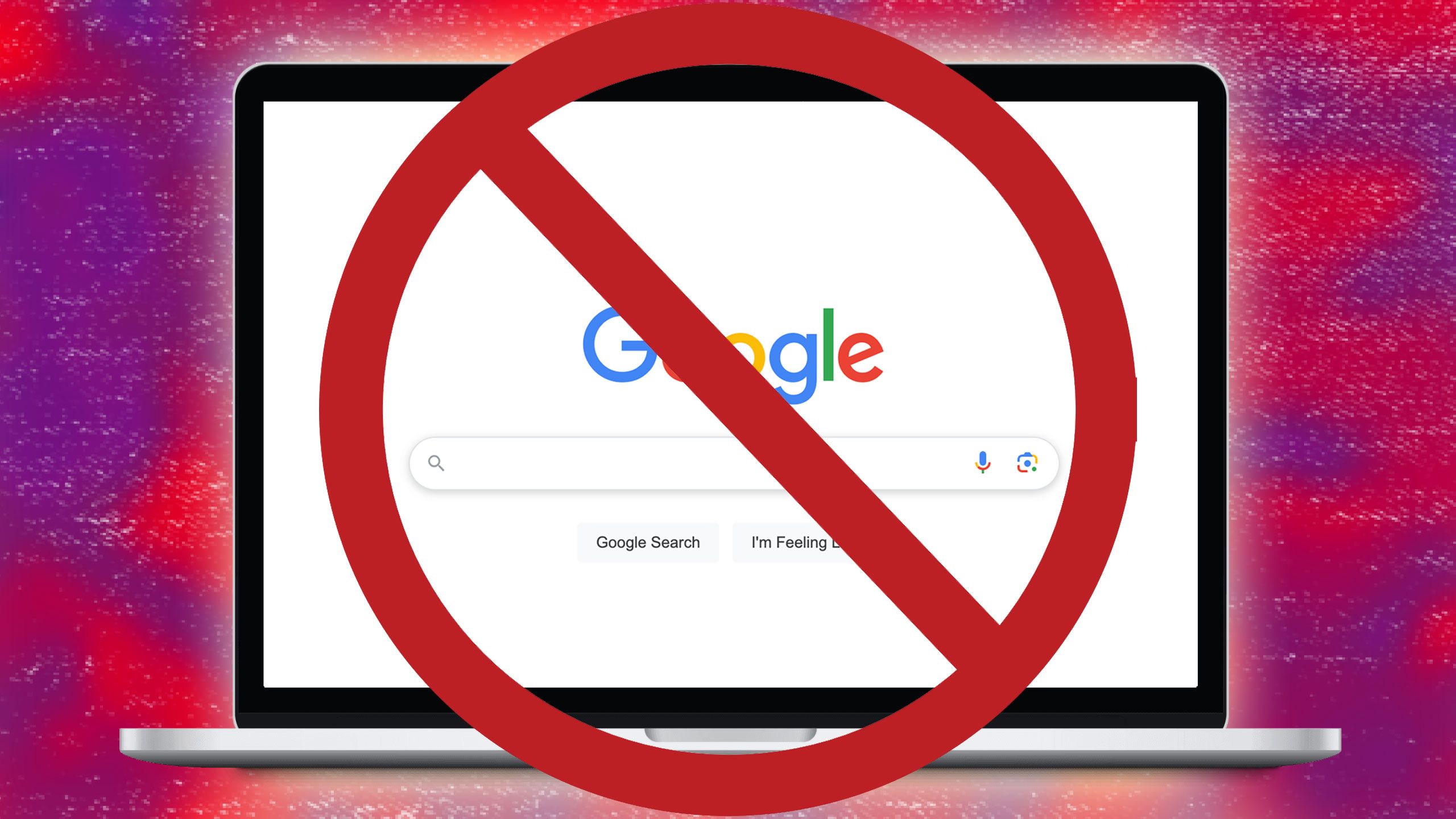Google search engine is the most popular search engine by far. The complex, deep algorithm makes it simple to find related search results that are smooth, easy, and, most importantly, accurate. The PhD research conducted on The anatomy of a large-scale hypertextual Web search engine by the founders transformed Google into the search engine giant we know today. But with how rooted AI has become and Google’s ever-evolving search algorithm always seeing changes, it’s challenging to stay at the top forever. So, we’ve devised a list of our favorite Google Search alternatives that we found to be unique and helpful for your working Android tablet, phone, and computer.
5
Perplexity AI
AI search alternative with potential
Perplexity AI as an AI search engine is one you will love or hate. Perplexity AI brings a more conversationalist and research approach to answering search queries; OpenAI’s ChatGPT is powering the search engine, and some prefer this LLM over Gemini. Perplexity AI is one of the default search engine options if you’re using the Arc browser.
The main concern about using Perplexity AI as a complete replacement for Google is that it still suffers from relying on AI for search queries. The search engine also has a controversial history of paywall problems and plagiarism. However, Perplexity AI’s approach seems better when it comes to using AI search. For example, finding cited sources for each answer isn’t difficult (every answer has a number connected to an article/website it pulls from). You can also ask follow-up questions to refine the search results.

Related
I’ve mostly dumped Google Search for the smarter Perplexity and ChatGPT
AI (not Google’s) for the win!
When tackling broader topics, Perplexity AI allows users to create collections to store and organize queries; that way, you can save and web out other ideas for later. Perplexity AI is far from perfect, but it has potential. Perplexity AI is available online or through an app and extension.
4
Yahoo! Search
An oldie but still a goodie
One search alternative that most people have used once in their lifetime is Yahoo!, which is still a solid choice, even if it’s not as popular. Yahoo! doesn’t offer anything new, as Microsoft Bing still powers it. Yahoo! provides a minimalist design approach to search engine usage. You can access news, search, and images in one place, similar to Bing and Google, but the difference is that there are far fewer tabs to sift through, and AI offers very little presence, so it doesn’t clutter the page.
Yahoo! still uses AI to help refine its search results, much like Google. If you already find that Yahoo! has too many unneeded results, you can also dabble with Yahoo!’s filter system to minimize it.
Another nifty feature unique to the Yahoo! search engine is Yahoo! Finance on the desktop website. Unfortunately, the feature suffers from news clutter and runs slow. Still, it is an excellent primary source for finding free stock prices and price histories for trade research.
Yahoo! Search is available via the website or add-on/extension. You can also download the app for Android and iOS, but it won’t have all the features you find with the desktop version.
3
Ecosia
A fun search alternative for the environment-conscience
Ecosia is more of a fun option as an alternative search engine experience. It doesn’t have privacy-focused tools and extra protection embedded in its search engine. Instead, Ecosia is a non-profit CO2-neutral search engine. The company cooperates with other non-profit organizations across the globe while using clean energy to power the searches. The money that goes into ads becomes used to plant trees; roughly one search query in Ecosia removes 1 kg of CO2 from the air. The design is also incredibly minimalistic, an excellent alternative for those who prefer a simplified experience.
You can download the Ecosia app, set it as a default web browser, or add the search engine extension. Ecosia also has a search engine built directly on the website if you prefer to try it out before downloading the app or extension. Ecosia searches works with Google and Bing.
2
Microsoft Bing
The best image search tool
It is Google’s primary search engine rival but has lost out to Google over the years. With Google’s search engine getting worse, primarily due to the failure to find exact matches, and the results becoming filled with low-quality content and affiliate links, Microsoft Bing has another shot at shining. Both search engines produce similar results with links to relevant web pages. Google search emphasizes results from backlinks, whereas Bing still does, but not to the same extent. Bing is also more transparent about its ranking factors. For example, the search engine competitor explicitly acknowledges social signals for one of its ranking factors, whereas Google doesn’t (at least not directly).
When it comes to image search, Bing wins hands down. The images found are often high quality, and very easy to find. Microsoft has also been working on the layout of Bing to become more visually impressive, even if it tried to steal a page from Google’s book for search box design. Without mimicking Google, Bing’s overall search engine interface is still fairly decent.
However, if you’re hoping to force Google to improve its search engine, you’re better off supporting its biggest competitor, which happens to be Bing. Microsoft keeps pouring billions of dollars into its search engine, while Google is doing the same. Bing is still not as big as Google, but it has 1.1 billion users using Bing worldwide (2024).
Bing is available through Microsoft’s website through an installation package. You can install the web browser extension or mobile app or check out Bing.com. Bing is also the default search engine if you already use Microsoft Edge.
1
DuckDuckGo
A perfect pick for private searching
When you value privacy for your data, DuckDuckGo is an excellent search engine choice. DuckDuckGo prevents online information from being tracked and collected. You also see fewer ads in the search engine than Google, giving you a cleaner search experience. Another perk of DuckDuckGo is that your search history isn’t stored, so you don’t need to use another mode like Google’s incognito mode to use this feature.
Even though DuckDuckGo seems like an excellent choice, it does have mixed performance with search result speed, sometimes faster or slower, depending on how many protection tools are being loaded. Another is that DuckDuckGo doesn’t have a clean history regarding tracking protection. DuckDuckGo left an exception to avoid blocking out Microsoft-owned tracking scripts on third-party websites. The company backpedaled on this action (except for a tracker that tells if any clicked ads turned into purchases) in August 2022 and has vowed to be more transparent about any changes in the future. As far as safer options go in 2025, DuckDuckGo is still top.
Overall, DuckDuckGo is a solid contender as a search engine alternative, especially if you want the most privacy when searching. You can use DuckDuckGo’s search engine extension or download the web browser option.
Finding the right search engine option
It’s no secret that most of us heavily rely on Google. As a search engine, Google brings speedy results and a familiar design. But no company is infallible for becoming worse with their products. Google has already been challenged multiple times for its monopolization in ad tech. Unfortunately, that’s become a real issue with digital publishers and consumers. As we ride out the investigations and court proceedings, it is best to check out a few healthy alternatives to Google’s propriety.

